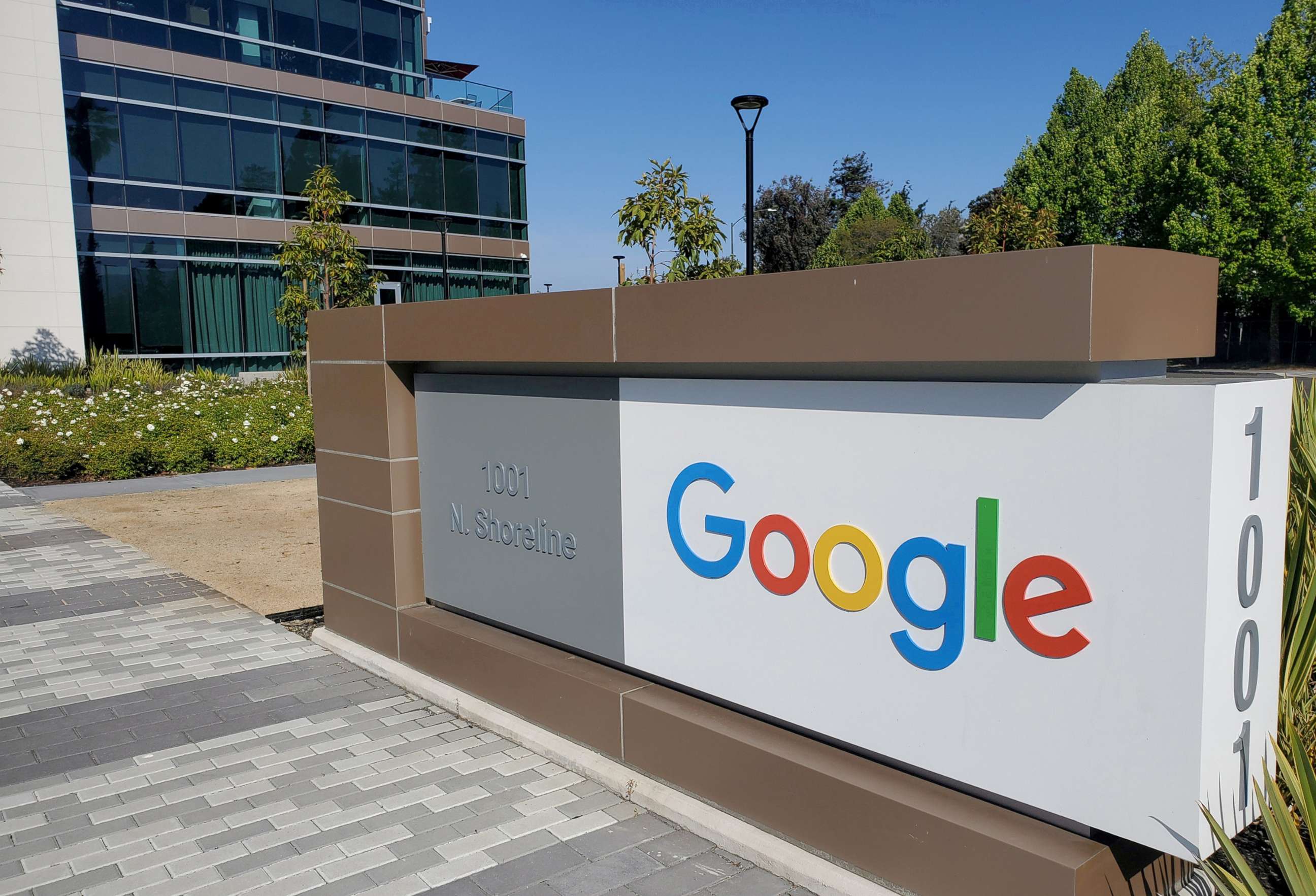Google defends work visas for 90,000 immigrants, majority of whom are women, in court filing
"The pandemic has already disproportionately impacted women," a Google VP wrote.
Google has taken a public stand in support of immigration rights via a court filing Friday that seeks to protect the ability to work in the U.S. for some 90,000 immigrants, the vast majority of whom are women.
Google led a coalition of tech companies in filing an amicus brief (or so-called "friend of the court" document) that supports work authorization for the partners of high-skilled workers who enter the U.S. on H-1B visas.
The filing relates to a years-long legal attempt to end the H-4 EAD program, which provides work authorization for spouses of those on the H-1B visa, which is commonly used in the tech industry.
"In other words, it seeks to end the ability of highly-skilled immigrants’ partners from working in the United States," Catherine Lacavera, Google's vice president of legal, wrote in a blogpost Friday. She added that the H-4 EAD program provides work authorization to more than 90,000 people, more than 90% of whom are women.
"The pandemic has already disproportionately impacted women and ending this program would only make things worse, leading to disrupted careers and lost wages," Lacavera added. "Furthermore, if the program is lost, the practical effect is that we welcome a person to the U.S. to work but we make it harder for their spouse to work."
"That hurts their family, impacts our ability to compete for talent, and harms our economy," she wrote.

More than two dozen companies -- including Amazon, Apple, IBM, Microsoft and Reddit more industry leaders -- have joined the amicus brief.
The court filing argues that "H-4 visa-holders -- like their H-1B spouses -- are a highly educated, highly skilled group," adding that 99% of H-4 visa-holders hold a college degree and nearly 60% have a master's degree or higher. Ending the program would cause "severe financial harm and emotional trauma on tens of thousands of individuals across the country," the brief states.
Moreover, it argues that these workers boost U.S. innovation, especially within the tech sector, and help to drive the economy and maintain American competitiveness.
Finally, it estimates any job losses to domestic workers from the program are offset by "the 6,800 jobs created by the H-4 entrepreneurs who have founded companies and employ American workers."
The ongoing litigation the amicus brief relates to stems from a lawsuit initially filed in 2015 by a group of American workers who argue they lost their jobs to foreign workers due to the visa program. The lawsuit was put on hold when the Trump administration threatened mass overhauls to the visa program, but the legal battle is back on in Washington, D.C., district court, where the tech giants' amicus brief was filed.
Lacavera said that the company's work defending immigration rights is personal, writing, "As an immigrant myself, I have been the beneficiary of a welcoming America and I hope we can ensure that same welcome for future immigrants by preserving the H-4 EAD program."
"Ending this program would hurt families and undercut the U.S. economy at a critical moment," she added.




